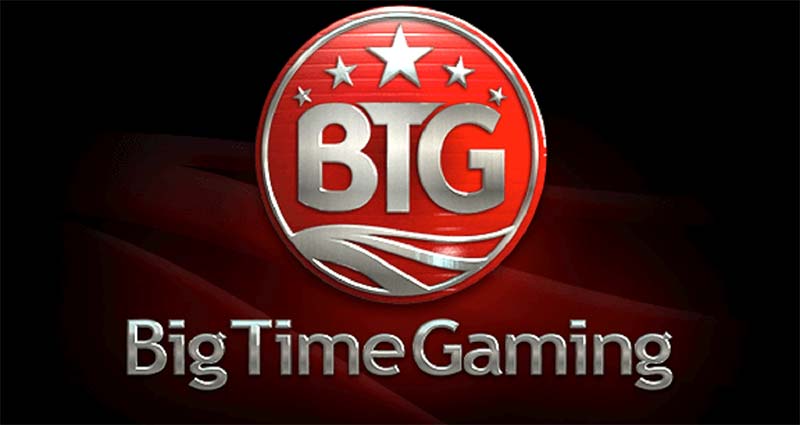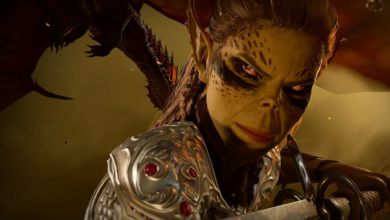How a little-known iGaming Developer Disrupted an Entire Industry
Most people have probably never heard of Big Time Gaming (BTG). Founded in 2011, it’s an Australian iGaming developer specializing in online slot games. Its current library has a few dozen slot games, which puts it firmly in the category of smaller studios. The bigger studios will have 100s, sometimes 1000s, of games. Yet, BTG is one of the most influential developers in the entire iGaming sector.
The reason for this is quite simple: the company created a style of game called “Megaways”, which effectively revolutionized online slots. Or more aptly, created a new genre of slot games. Megaways games ripped up the concept of what was previously known about slot machine paylines, offering a series of shifting reels to create thousands and thousands of ways to win. Not long after the first Megaways release, the trend caught fire, and, as we said, it effectively became a new genre of casino game.
Bonanza Megaways changed the game
The route to mass adoption was not so simple, though. The first Megaways game, Dragon Born, was a modest hit, but it was 2016’s Bonanza Megaways that really became the smash hit that got everyone talking in the iGaming sector. The game was a global success, found on every major casino platform on the planet. The measurement of popularity in slots is not as accurate as movie box office or music charts, but they do measure these things, and Bonanza was – and still is – near the top.
But what happened next was interesting, even outside of iGaming circles. Big Time Gaming decided to license Megaways technology to its rivals. The move was unprecedented in the casino sector, and it’s pretty rare in other areas of entertainment. But the consequence was that other iGaming studios – some of whom were infinitely bigger than BTG – started producing their own versions of Megaways games. Over the following years, scores of new Megaways games sprung up from brands like NetEnt, Inspired Gaming, Red Tiger, Microgaming, Pragmatic, and Blueprint. All of the games carry a tiny BTG logo to remind players who were responsible for this style of game.
New developers embraced volatility
As of now, there are 100s of different Megaways games. BTG still produces its own games, although the company was taken over by Evolution Gaming a couple of years back, and it has churned out other Megaways titles, including the very popular Who Wants to Be a Millionaire, which is based on the television show of the same name. The games are everywhere, and many casinos will have specific tabs dedicated to Megaways. It’s changed the complexion of nearly every online casino around.
Yet, we might argue that the legacy of this is not just the Megaways games. Rather, it is because of their popularity that they have caused a different approach from many iGaming developers. In a nutshell, Megaways games are popular because they are very volatile. That means bigger wins, but there is a trade-off in terms of frequency. The volatility makes the games perfect fodder for YouTube and Twitch casino streamers, as, in effect, their features make them more exciting. But this trend in volatility also inspired new developers, such as No Limit City and Hacksaw Gaming.
And while these games from new developers are very different from Megaways slots – some of them don’t even have what we would term paylines – you can trace this change in emphasis to volatility back to the success of Megaways. We might argue that some of these new developers, some of whom have become hugely influential, would not be around had it not been for a spark of creativity from Big Time Gaming back in the 2010s.





